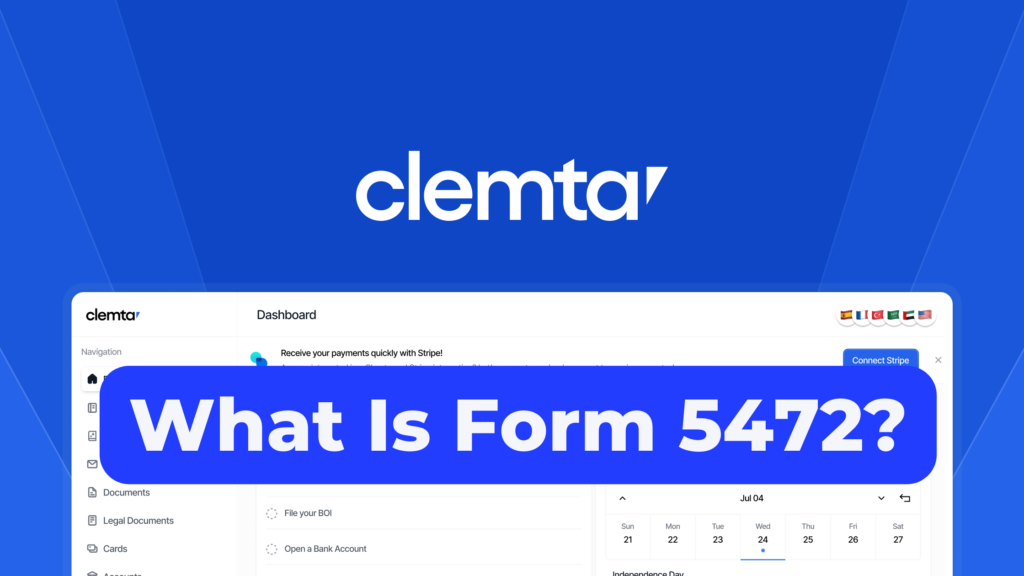What is an EIN and Why Do Non-Residents Need It?
An Employer Identification Number (EIN) is akin to a Social Security Number for businesses, used primarily for tax reporting. For non-residents operating a business in the U.S., an EIN is essential for legal and financial activities such as opening a U.S. bank account, hiring employees, and filing taxes. Obtaining an EIN demonstrates formal business registration and helps distinguish the business as a separate legal entity. Furthermore, it aids in creating a professional image and can facilitate interactions with suppliers and partners within the U.S market.
Advantages of Having an EIN for Non-Resident Entrepreneurs
An EIN brings several advantages for non-resident entrepreneurs, including simplifying tax payments and enhancing credibility with potential partners and clients. It is crucial for separating personal and business finances, an important step for legal protection. Additionally, many states require an EIN for business licenses and operating permits. It also facilitates easier communication with U.S. vendors, allowing access to wholesale pricing. Overall, an EIN fosters better business management and growth prospects.
Steps to Obtain an EIN for Your Business
Obtaining an EIN is a relatively straightforward process. It can be done online through the IRS website, by submitting a completed Form SS-4, or via mail or fax for those without a U.S. address. It’s important to ensure that the business is properly registered and compliant with state laws prior to applying. Having all necessary documents and understanding the business structure significantly speeds up the process. The IRS typically issues an EIN immediately when applied online, streamlining the process for international business owners.
Legal Implications of Not Having an EIN
Failing to obtain an EIN can lead to significant legal and operational challenges. Without it, businesses may struggle to hire employees, open bank accounts, or even comply with federal and state tax obligations. This oversight can hinder acquiring business loans or establishing credit, limiting growth potential. Furthermore, non-compliance may result in penalties or legal actions. Thus, securing an EIN not only helps avert these issues but also establishes a solid foundation for U.S. operations.
EIN and Its Role in Business Growth for Non-Residents
An EIN plays a pivotal role in business growth by enabling strategic financial planning and fostering potential expansion in the U.S. market. It allows non-residents to legally enter contracts and create partnerships that enhance their business scope. Establishing credit with an EIN can also open doors to funding and investment opportunities. It is a key factor in ensuring smooth administrative processes, allowing business owners to focus on core business strategies. This identification number is indispensable for sustainable business development.
Conclusion
An EIN is fundamental for non-resident business owners who wish to establish a solid presence in the U.S. market. It enables key financial operations, enhances business credibility, and assists in legal compliance. Without it, accessing certain business opportunities could become challenging. To explore the steps to obtain an EIN and further understand its crucial role in business success, check out more resources at Clemta.







